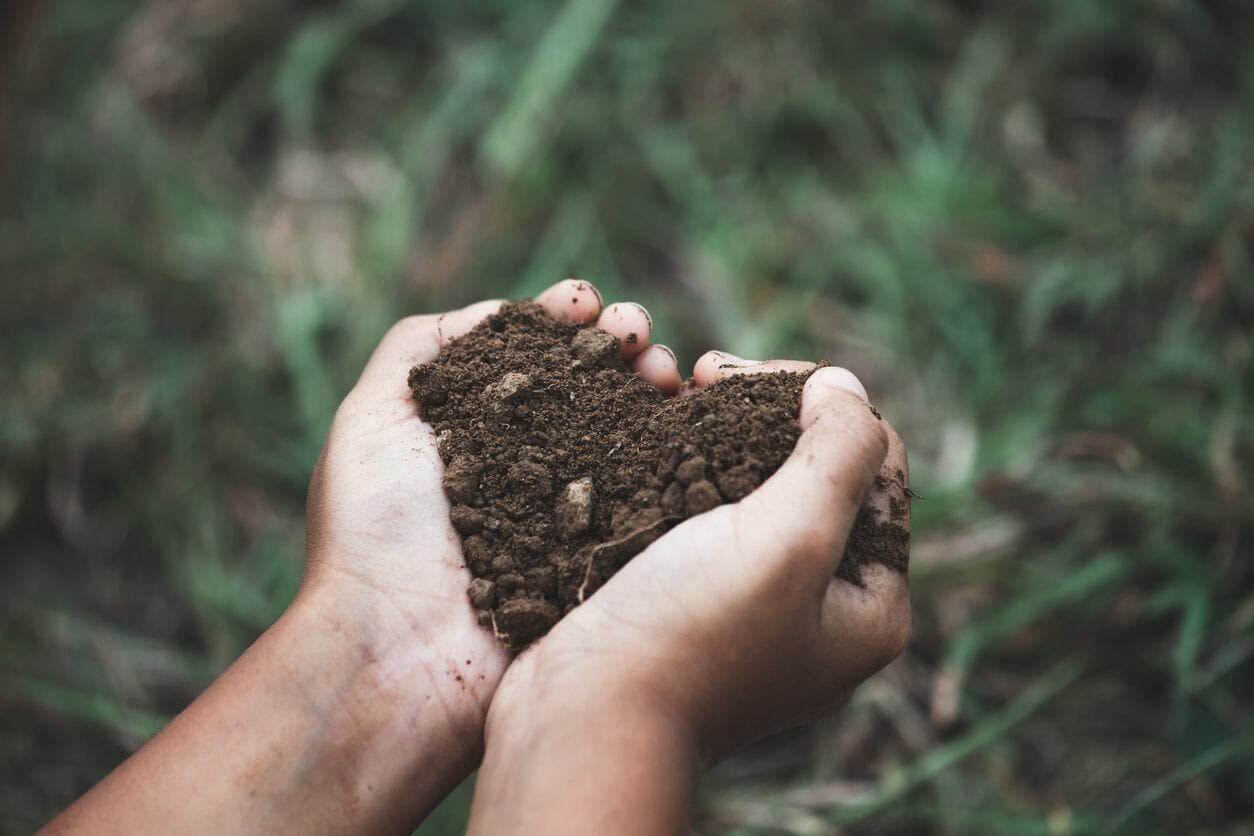Fertilizer isn’t just for thousand-acre row crop operations in the Midwest. The demand for garden fertilizer in the US alone is slated to reach $3.3 billion by 2023, growing 2.6% annually. And as more Americans explore cultivating food at home to fight pandemic-related shortages, that figure could skew even higher. Blend in the growing interest around soil health and its connection to regenerating degraded areas and dirt really starts to look like black gold.
“I got sick from swimming in the ocean in Southern California after a rainstorm and it sparked a 14-year learning process for me about pollution, waste sources, waste recovery, and what was out there,” Jared Criscuolo, founder and CEO of Upcycle & Co, told AFN.
Ubiquitous among surfers and beachgoers, the 72-hour-rule encourages people to refrain from swimming in the ocean for three days following a wet weather event. During wet weather events, poor drainage systems in municipalities adjacent to the coast flush contaminants including everything from sewage overflows to industrial chemicals to fertilizer runoff into the ocean. Taking a dip during the 72 hour period following a rain event can prove fatal if you ingest bacteria or other harmful substances swirling about in the surf.
After founding and eventually selling his wastewater consultancy firm, Rising Tide Partners, Criscuolo set his sights on cultivating a better fertilizer product.
The San Diego-based startup recently closed an $825,000 seed round led by Tech Coast Angels with participation from 15 individual investors. The company has developed a proprietary fertilizer that combines fertilizer with amendments aimed at improving soil quality, which it considers to be the most important asset for a landscaper or gardener.
“Our solution has a high concentration of organic matter and carbon worked into it. We sustainably source three ingredients: biosolids, brewer’s grains, and algae in a proprietary formulation that you would otherwise have to buy two-to-three products to achieve,” Criscuolo explains. “It’s a premium product but our sourcing process and model have been able to control costs pretty well.”
Upcycle & Co isn’t profitable yet, but its per-unit price is yielding a solid margin, he explains. It launched across 515 Target locations this past Spring offering one-pound and four-pound bags. It also offers a 50-pound bag and 2,000-pound sack for commercial landscapers. The brand has a few undisclosed partnerships in place including an upcoming distribution agreement with one of the largest names in the landscape industry, according to Criscuolo. Its biggest opportunity so far has been serving large corporate campuses where leaders and employees are asking deeper questions about their employers’ sustainability practices.
Eyes on ag
Although it’s launched in the garden and landscape market, Upcycle & Co has its long-term sights set on the agriculture industry. It’s currently running trials at Fresno State with the assistance of university agronomists to explore the application of its product in production agriculture capacities.
“We found that the demand for liquids really outstrips powdered fertilizer. We are in the processing of developing a liquid version and we are pretty far along with that. We will start doing some testing and hope to bring the product to market in Spring 2021,” he explains. “It will be a high carbon, high organic matter, balanced water-soluble liquid fertilizer that can be run through fertigation.”
The fertilizer market is rather well-established with some titanic players to contend with, however. The increasing interest in rebuilding soil health has sparked innovation at the entrepreneurial level as well. Criscuolo is confident in the product Upcycle has developed, particularly in its ability to deliver soil amendments that build healthier soil for the long haul.
“We aren’t seeing anyone taking the same approach in terms of blending high-nutrient, high-carbon, and high-organic matter. The closest thing I have found offers 25% of what our carbon levels are.”
A number of startups are working on crop inputs that help plants make better use of fertilizer like Sound Agriculture, which recently raised a $22 million Series C, and Pivot Bio. Others are looking at new approaches to fertilizer formulations like Ostara, which has developed a wastewater-to-fertilizer process. Big players are also seeing the opportunity for fertilizer innovation. In 2018, Smithfield partnered with Anuvia Plant Nutrients to convert controversial hog waste lagoons into a sustainable fertilizer product, fertilizer giant Yara International acquired nitrogen modeling startup Adapt-N in 2017.
“What I see at this point is a lot of companies solving specific things around carbon or biochar or different aspects of improving microbial colonies. We aren’t seeing anyone taking the same approach in terms of blending high-nutrient, high-carbon, and high-organic matter. The closest thing I have found offers 25% of what our carbon levels are.”





